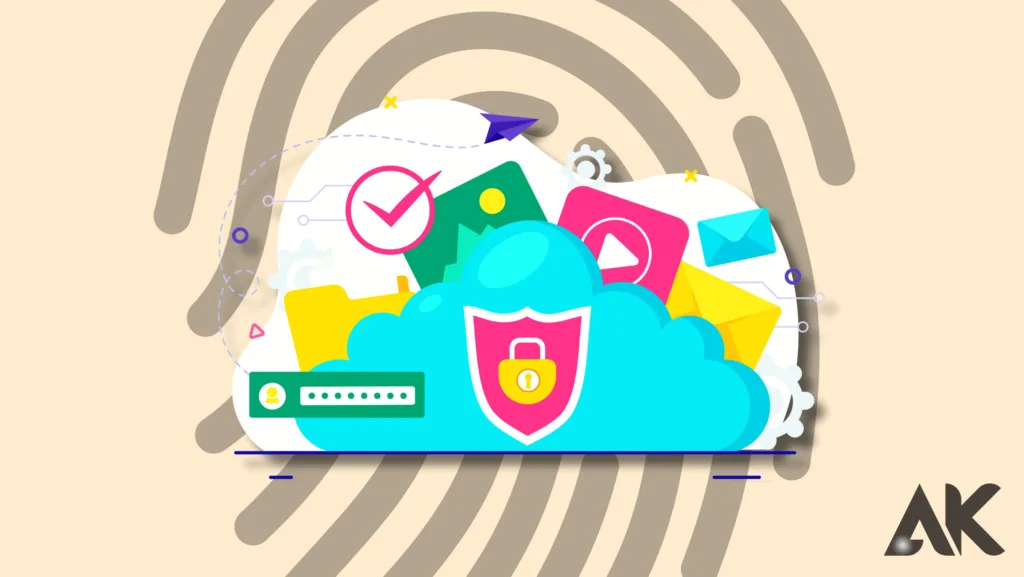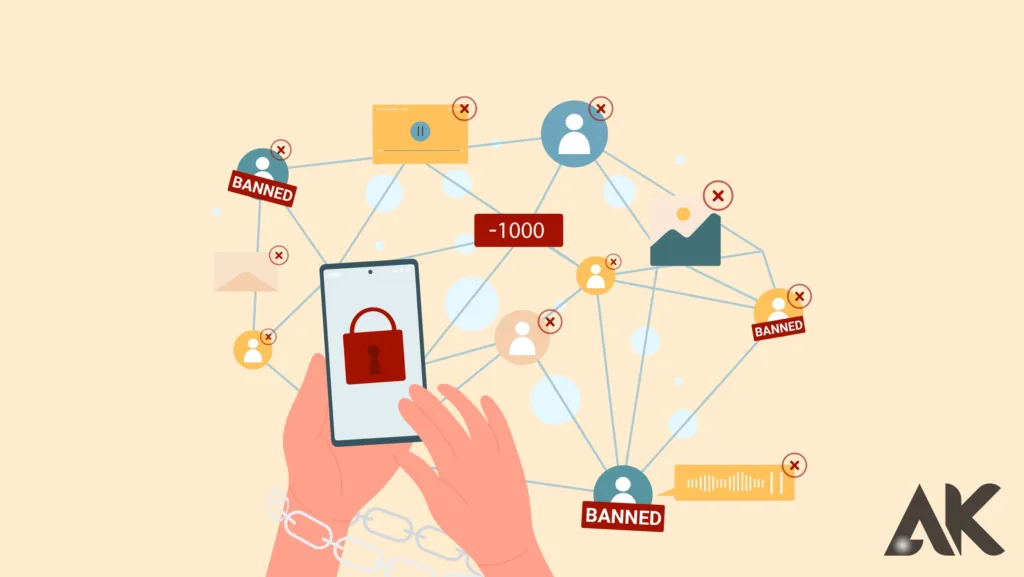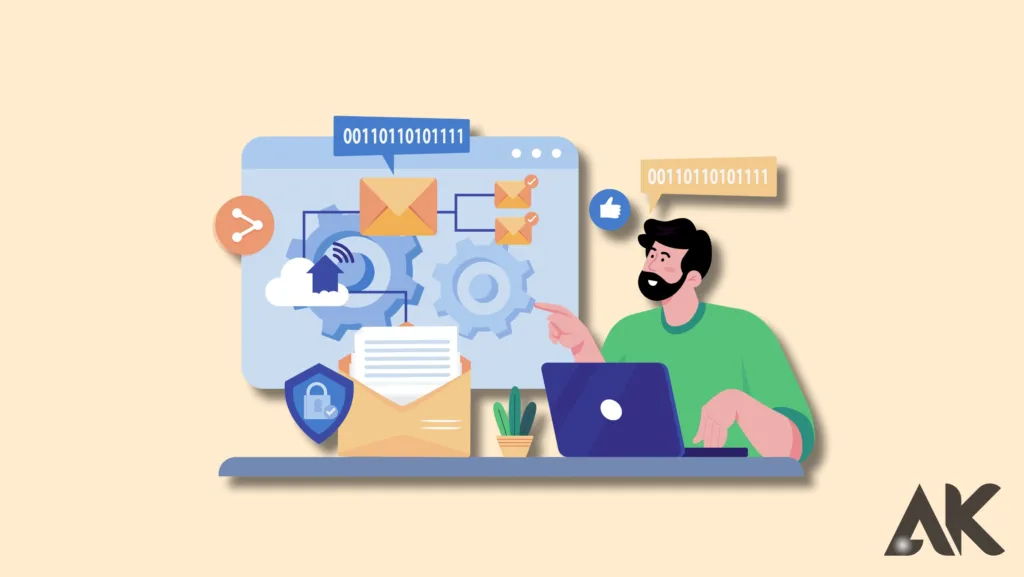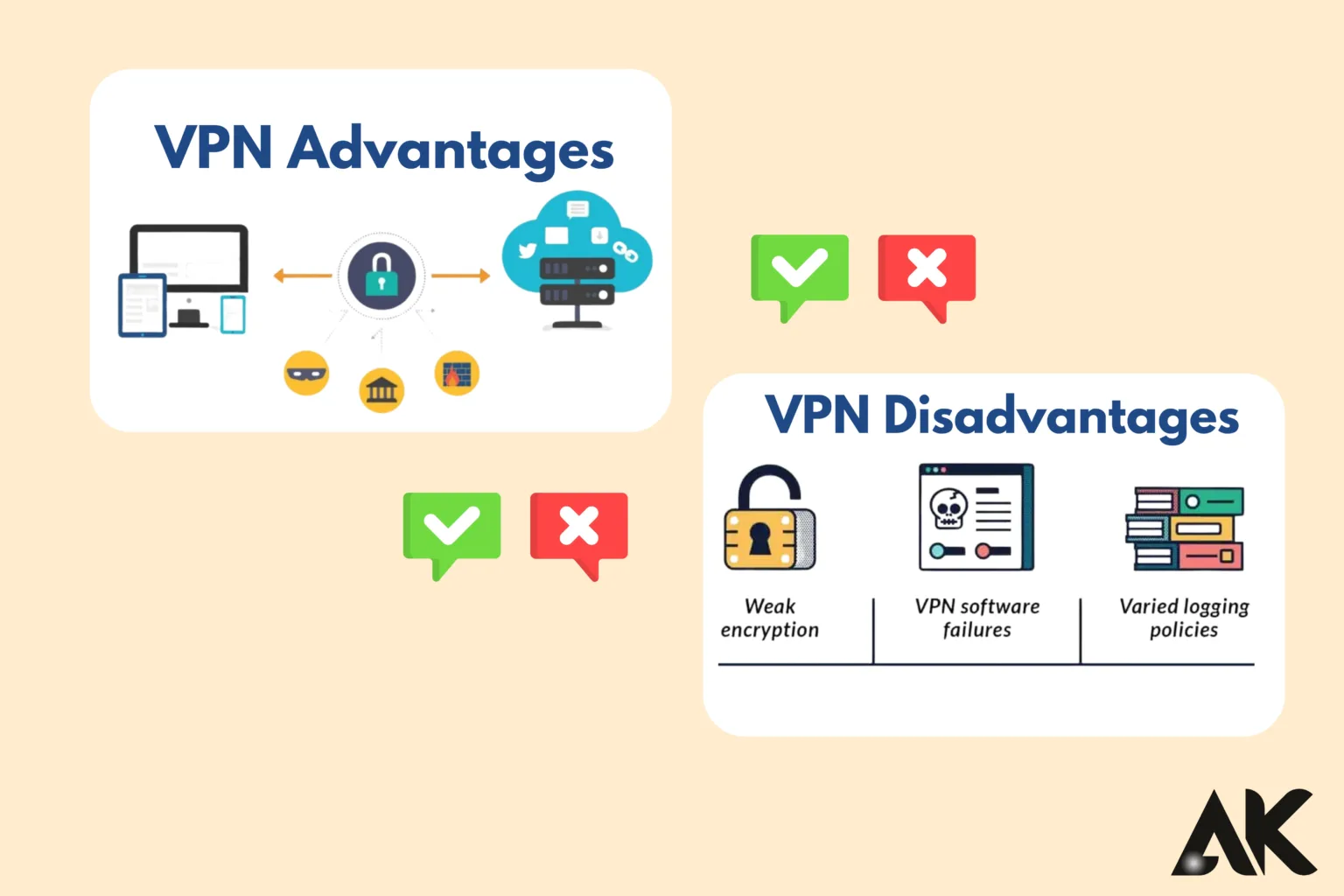When it comes to online security and privacy, using a Virtual Private Network (VPN) is often seen as a go-to solution. But like every tool, there’s more to it than meets the eye. Let’s dive into the VPN advantages and disadvantages to understand what makes them so appealing and where they might fall short.
From keeping your personal data safe to bypassing geo-restrictions, VPNs have some impressive perks. However, they aren’t perfect—think slower internet speeds or compatibility issues. By understanding the VPN advantages and disadvantages, you can decide whether a VPN is the right choice for your digital lifestyle. So, are you ready to weigh the pros and cons and make an informed decision? Let’s explore!
Privacy Amplified: How VPNs Shield Your Identity

VPN advantages and disadvantages revolve around their ability to enhance privacy and security while presenting potential drawbacks. One of the key benefits is how VPNs shield your identity by masking your IP address, making your online activities anonymous and private.
This feature is especially helpful when using public Wi-Fi or browsing in regions with strict surveillance. However, this privacy boost can come with challenges, such as slower internet speeds due to data encryption and routing.
Additionally, the trustworthiness of the VPN provider plays a crucial role, as some may log or misuse user data. Balancing the privacy benefits with potential drawbacks is essential for making informed decisions about whether a VPN aligns with your digital security needs.
Breaking Barriers: Accessing Geo-Restricted Content

VPN advantages and disadvantages are often highlighted when discussing access to geo-restricted content. A VPN allows users to bypass regional limitations by masking their location, making it possible to stream content, access websites, or use services unavailable in their country.
This feature is a game-changer for travelers or those living in areas with limited digital freedom. However, there are drawbacks to consider. Some streaming platforms have started blocking VPN traffic, making access inconsistent.
Additionally, using a VPN for bypassing restrictions might violate terms of service or even local laws. While VPNs open doors to a world of content, users must weigh the legal implications and potential risks alongside the benefits to ensure they are using them responsibly.
Data Encryption: Fortifying Your Digital Fortress

When exploring VPN advantages and disadvantages, it’s clear they offer both significant benefits and some challenges. VPNs enhance online privacy by hiding your IP address and encrypting your data, making them ideal for protecting sensitive information on public Wi-Fi.
They also grant access to geo-restricted content, allowing users to stream or browse without regional limitations. However, disadvantages include slower internet speeds due to data encryption and potential compatibility issues with certain devices.
Additionally, not all VPN providers are trustworthy, as some may log user data, undermining privacy. It’s essential to consider the balance between the security and flexibility VPNs offer against potential performance and reliability concerns when deciding whether they fit your online needs.
Speed vs Security: The Performance Trade-Off
When considering VPN advantages and disadvantages, the cost is a significant factor. Premium VPN services often provide advanced features such as high-speed connections, robust encryption, and access to global servers. These benefits make them a reliable choice for users prioritizing privacy and security.
However, the cost can be a drawback, especially for casual users or those with tight budgets. Free VPNs may seem appealing, but they often come with limitations such as slower speeds, fewer servers, and potential risks like data logging.
While premium options offer better reliability and protection, the investment may not be necessary for everyone. Balancing the benefits and costs of a VPN is crucial to deciding whether it’s worth the financial commitment.
Cost Matters: Are VPNs Worth the Investment?
VPN advantages and disadvantages often depend on the reliability of the provider, and trust plays a critical role. A major benefit of using a VPN is its ability to encrypt data and safeguard user privacy. However, this advantage can be compromised by rogue providers.
Some VPN companies log user activity or sell personal data to third parties, which directly contradicts their promise of security. This creates a false sense of protection, leaving users vulnerable to breaches.
Additionally, free VPNs often come with hidden risks, such as malware or intrusive advertisements. To truly benefit from a VPN, users must carefully research and choose a reputable provider, understanding that trust is as vital as the technology itself.
Trust Issues: The Risks of Rogue VPN Providers
When analyzing VPN advantages and disadvantages, compatibility across devices and platforms is a key consideration. Many VPNs are designed to work seamlessly on popular operating systems like Windows, macOS, Android, and iOS.
This flexibility allows users to protect their online activities on smartphones, laptops, and tablets. However, compatibility issues can arise with less common devices such as smart TVs, gaming consoles, or routers.
Some VPN providers offer limited support or require additional configuration for these platforms, which can be challenging for less tech-savvy users. While the widespread compatibility of VPNs is a significant advantage, users should ensure their chosen service supports all their devices to avoid frustration and maximize the benefits of their VPN subscription.
Compatibility Concerns: Devices and Platforms
VPN advantages and disadvantages often intersect with legal and ethical dilemmas, particularly when bypassing regional restrictions. On the positive side, VPNs allow users to access content blocked in their countries, enabling unrestricted streaming, gaming, or browsing.
This is especially beneficial for those in regions with heavy censorship. However, using a VPN to circumvent geo-restrictions may violate terms of service agreements for platforms like streaming services and can sometimes breach local laws. These actions could result in account suspension, fines, or other consequences.
While the ability to unlock global content is a major advantage, users must consider the potential legal and ethical risks, ensuring they remain compliant with regulations and platform policies while enjoying the benefits of a VPN.
Legal and Ethical Dilemmas: Navigating Regional Restrictions
When discussing VPN advantages and disadvantages, one often overlooked issue is the over-reliance on these tools, creating a false sense of security. While VPNs encrypt your data and mask your IP address, they are not a comprehensive solution for online safety.
Many users believe that simply using a VPN makes them invincible to cyber threats, but this is far from the truth. VPNs cannot prevent phishing attacks, malware, or other forms of cybercrime that exploit user behavior. Additionally, they don’t offer protection if the VPN provider itself is compromised.
Relying solely on a VPN without using antivirus software, firewalls, or practicing safe browsing habits leaves significant vulnerabilities. A VPN is an excellent tool but works best as part of a broader security strategy.
Over-Reliance on VPNs: A False Sense of Security
When discussing VPN advantages and disadvantages, one often overlooked issue is the over-reliance on these tools, creating a false sense of security. While VPNs encrypt your data and mask your IP address, they are not a comprehensive solution for online safety.
Many users believe that simply using a VPN makes them invincible to cyber threats, but this is far from the truth. VPNs cannot prevent phishing attacks, malware, or other forms of cybercrime that exploit user behavior. Additionally, they don’t offer protection if the VPN provider itself is compromised.
Relying solely on a VPN without using antivirus software, firewalls, or practicing safe browsing habits leaves significant vulnerabilities. A VPN is an excellent tool but works best as part of a broader security strategy.
Conclusion: Weighing the Pros and Cons of VPNs
In conclusion, VPN advantages and disadvantages need to be carefully weighed before deciding to use them. While VPNs offer valuable benefits like enhanced privacy, security, and access to geo-restricted content, they are not without their downsides.
Issues such as slower internet speeds, the potential for untrustworthy providers, and legal concerns can impact the overall experience. Ultimately, a VPN is a powerful tool, but it’s important to use it alongside other security measures. By understanding both the benefits and risks, users can make an informed decision on whether a VPN is the right choice for their online needs.
FAQS
Q1. What are the main VPN advantages?
A. VPNs provide enhanced privacy, security, and the ability to access geo-restricted content.
Q2. Can VPNs slow down internet speed?
A. Yes, VPNs can reduce internet speed due to encryption and routing of data through remote servers.
Q3. Are free VPNs safe to use?
A. Free VPNs may pose risks like slower speeds, limited features, and potential data logging, making them less secure than paid options.

